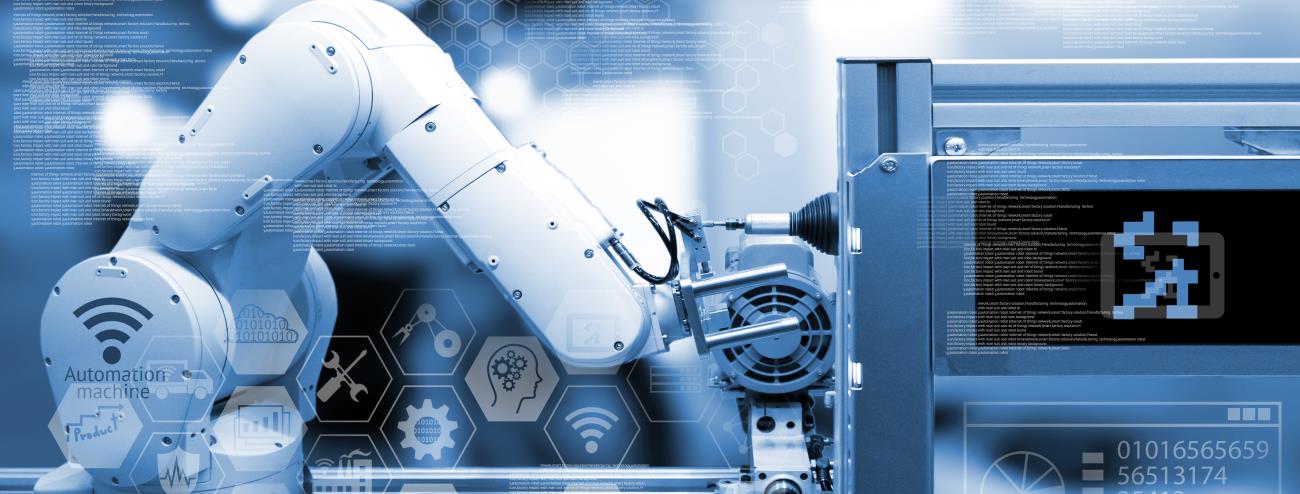
The Role of Artificial Intelligence in Building Management: A Look into the Future
Artificial Intelligence (AI) has become an integral part of our technological landscape, revolutionizing industries with its ability to analyze data, make informed decisions, and automate processes. In the realm of building management systems (BMS), AI is emerging as a transformative force, promising to redefine how we optimize energy usage, enhance occupant comfort, and ensure the overall efficiency of commercial and residential structures.
Introduction
As we stand at the cusp of a new era in technology, the convergence of AI and building management holds immense potential. The marriage of these two fields opens up avenues for unprecedented advancements in optimizing operational efficiency, predictive maintenance, and creating smarter, more responsive buildings.
The Current Landscape
AI is already making significant inroads into building management. Current applications include predictive maintenance, where algorithms analyze data to forecast equipment failures, reducing downtime and extending the lifespan of critical systems. Energy optimization is another area where AI is actively contributing, dynamically adjusting climate control and lighting systems to align with real-time occupancy and environmental conditions.
Potential Benefits of AI in Building Management
The integration of AI into BMS promises a host of benefits. Improved energy efficiency stands out as a key advantage, with AI-driven algorithms capable of optimizing resource consumption based on historical data, occupancy patterns, and external factors. Enhanced occupant comfort is also on the horizon, as AI enables personalized climate control and adaptive lighting solutions.
Smart Automation and Decision-Making
One of the most exciting aspects of AI in building management is its capacity for smart automation. AI algorithms can analyze vast datasets in real-time, allowing BMS to adapt and respond dynamically to changing conditions. This level of automation not only ensures optimal building performance but also frees up resources for more strategic tasks.
Predictive Maintenance and Fault Detection
AI’s ability to predict equipment failures and detect faults in building systems before they become critical is a game-changer. By implementing predictive maintenance powered by AI, building managers can address issues proactively, minimizing downtime and reducing the total cost of ownership.
Enhanced Occupant Experience
Imagine a building that responds to the unique preferences of its occupants. AI can deliver on this vision by facilitating personalized comfort settings. Adaptive climate control and lighting systems, guided by AI, can create environments that cater to individual needs, fostering a more pleasant and productive experience for occupants.
Challenges and Considerations
While the potential benefits of AI in building management are vast, it’s essential to address challenges and ethical considerations. Privacy concerns, data security, and the responsible use of AI are critical aspects that must be carefully navigated to ensure the widespread adoption of these technologies.
Future Trends and Innovations
Looking ahead, the future of AI in building management is marked by exciting trends. The integration of machine learning, advanced analytics, and the Internet of Things (IoT) is set to amplify the capabilities of AI-driven BMS solutions. We anticipate a landscape where buildings become increasingly intelligent, continuously learning and adapting to meet evolving needs.
Conclusion
As we embark on this journey into the future of building management, the role of AI cannot be overstated. It is a catalyst for change, ushering in an era where buildings are not just structures but dynamic, responsive ecosystems. By embracing the potential of AI, we are not only optimizing efficiency but also creating spaces that prioritize sustainability, occupant well-being, and a smarter, more connected world.
In the coming years, we can expect AI to redefine the very fabric of our built environment, making buildings more than just structures but intelligent entities that evolve with the needs of their occupants. The journey has just begun, and the future promises a landscape where AI and building management work in harmony to create spaces that are not just smart but truly intelligent.





